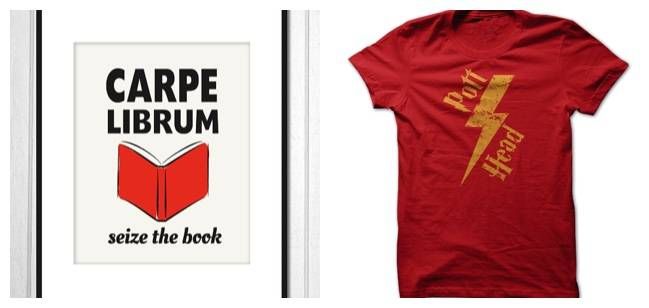
PICTURES THAT TICK: SHORT NARRATIVE [BOOK ONE] by Dave McKean
A woman I knew in college posted a photo of an interesting looking hardcover comic on Facebook. “I’m getting rid of some books,” she wrote, “and I will trade them for anything that isn’t a book. Surprise me.”
“I’ll take that comic,” I replied.
“Too late,” she wrote back. “It’s already promised to someone else. But I’ll trade you a different hardcover comic for a random thing that isn’t a book if you like.”
So I sent her a drawing of a barn owl in flight by an artist named Michael Rohner, whose work hangs in nearly every room of my house, and she sent me a copy of Pictures That Tick: Book One
by Dave McKean, a 2001 compendium even more eclectic and esoteric than my acquisition of it.
“everybody does comix,” McKean writes, by way of introduction. (Every comic is introduced with a sort of formless prose poem, lacking capitals, along with punctuation other than brackets, dashes, and the occasional question mark.) He goes on to explain what he means by that, which also tells us Dave McKean’s definition of a comic: pictures used to tell stories. McKean, of course, has made a career of it.
Pictures That Tick feels like a deeply personal work, a medium for the artist to explore relationships with parents, children, lovers. Certain themes appear over and over, notably the desire to fly, like a bird, or possibly like an aeroplane. “Your Clothes Are Dead” tells of a daughter’s quest to make sense of her mother’s story, while “His Story” speaks of a son seeking to assimilate and trascend his father’s story. McKean offers a comic for his own daughter (“Yol’s Story”), and another for his son “(Liam’s Story”), along with “Ash,” a dark fairy tale depicting a child coming to terms with her stepmother.
There is a dreamlike quality to all the prose, which sometimes seems to dance around its own meaning, and other times floats along formlessly like foam on the ocean before suddenly declaring its intent with unmistakable finality. But McKean is known primarily as a visual artist, and while words provide the book’s structure, text may only be a scaffolding on which the artist hangs many canvases.
Every story features its own style, and even the introductory text for each narrative is paired with a series of photographs. In the overall introduction for the book, McKean recounts how exciting and full of possibility the comic book industry seemed to him when he began working on Sandman with Neil Gaiman, how this feeling seemed to fade over time, and how “i’ve never enjoyed making comix so much as with the short shorts captured in this book,” and perhaps that is because a book like this, intimate and unfettered, allows him to experiment with type, to play in the world of visual imagery, to test out any form that comes to him.
In addition to the short photo montages that go with the intros, there are more complicated altered photos, stories that are drawn in stark lines of ink, stories drawn in richer sepia tones, stories illustrated in full color, designs organized in three dimensions and then knocked back down to two dimensions using a color copier, and collages made up of bits and pieces of all the previous elements. Chunks of of photo negatives find their way into the collages, and live flowers, and children’s toys.
I find the work haunting. “Bitten and Bruised,” drawn in black and white lines with gray overlay, tells a wordless story about a relationship between a man, a woman, and a scorpion, but perhaps the woman is the scorpion. Or perhaps the scorpion is a woman. Or perhaps the man is the scorpion. Even the man seems unclear on their identities. In any case, there is something dangerous and painful for him in this love affair, a sense of powerlessness against the woman’s cunning.
Another wordless black and white story, its title designated only by a symbol for a human eye, an image repeated over and over throughout the tale, speaks of missed connections, of longing and loss. In “Your Clothes Are Dead,” a destroyed photograph of a woman’s face is made whole, gradually, panel by panel, and then, gradually, panel by panel, fades away into nothingness. Faces are often distorted, pulled like putty into various shapes, vanishing like mist or transformed in texture until flesh becomes wooden. Hands often appear as claws, more birdlike than human.
Narrative arc may be secondary to imagery in this book, but McKean’s pictures tell stories nonetheless: stories that merge dreams and insomnia, fiction and nonfiction, hard reality and intangible desire. A fevered mind, pregnant with ideas, has its own tales to tell.
















